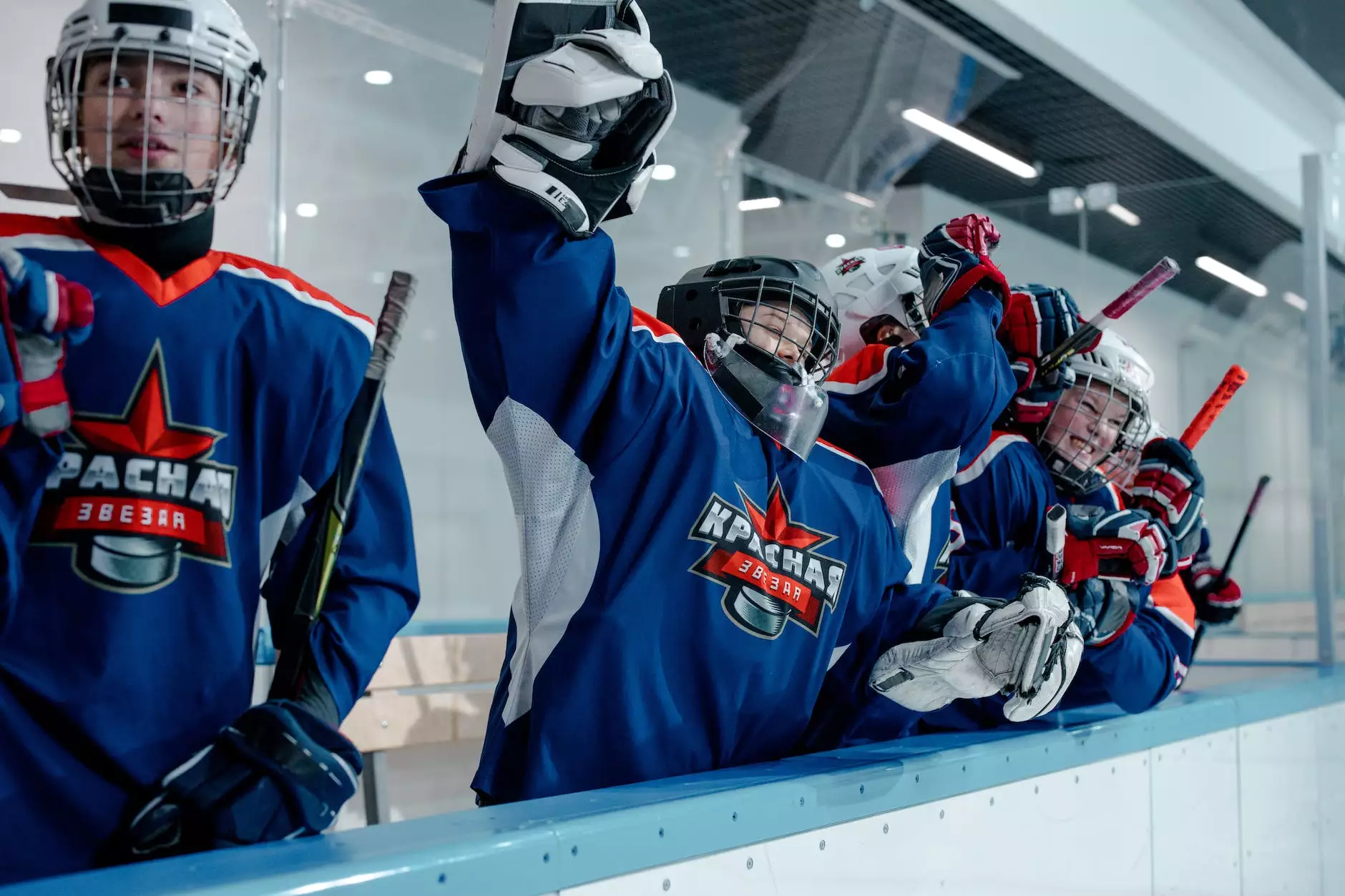Unleashing the Power of Mindset in Injured Athlete Recovery
Blog
Introduction to Mindset in Athlete Recovery
Athletes dedicate their lives to their passion, pushing themselves to the limits and striving for greatness. Unfortunately, injuries are an inevitable part of an athlete's journey, often causing physical and emotional setbacks. While medical treatment and rehabilitation play crucial roles in recovery, mindset and mental fortitude are equally essential in the overall healing process.
The Role of Mindset in Injured Athlete Recovery
At Life Designers, a leading business and consumer services consultancy specializing in consulting and analytical services, we understand the significance of mindset in injured athlete recovery. Our team of experts helps healthcare providers enhance their understanding of mindset-driven recovery and empowers them to support athletes with comprehensive care.
10 Tips for Healthcare Providers in Harnessing the Power of Mindset
1. Embrace a Supportive and Compassionate Approach
When working with injured athletes, it's important to create a supportive and compassionate environment. Empathy and understanding go a long way in building trust and rapport, which is crucial for effective recovery.
2. Educate Athletes About the Role of Mindset
Help athletes understand the significant impact their mindset can have on the recovery process. Educating them about the power of positive thinking, resilience, and belief in their ability to heal can motivate them to actively participate in their rehabilitation.
3. Foster a Growth Mindset
Encourage athletes to adopt a growth mindset, where they view setbacks as opportunities for learning and personal growth. Emphasize the importance of perseverance and the belief that challenges can be overcome with effort and determination.
4. Provide Psychological Support
In addition to physical rehabilitation, ensure that athletes have access to psychological support. Mental health professionals can help athletes manage stress, anxiety, and negative emotions that may arise during the recovery process.
5. Utilize Visualization and Mental Imagery Techniques
Introduce athletes to visualization and mental imagery techniques as powerful tools for enhancing performance and facilitating the recovery process. Guided imagery exercises can help athletes visualize their recovery and maintain a positive outlook.
6. Set Realistic Goals and Celebrate Progress
Work collaboratively with athletes to set realistic goals for their recovery journey. Breaking down the process into smaller milestones allows athletes to track their progress and celebrate achievements, boosting confidence and motivation.
7. Encourage Positive Self-Talk
Teach athletes to cultivate positive self-talk, replacing self-doubt and negative thoughts with affirmations and empowering statements. By reframing their inner dialogue, athletes can build resilience and maintain a strong mindset.
8. Foster a Supportive Network
Help athletes build a supportive network of peers, coaches, and loved ones who can provide encouragement, motivation, and understanding throughout the recovery process. Having a strong support system is crucial for mental and emotional well-being.
9. Incorporate Mindfulness and Stress Reduction Techniques
Introduce athletes to mindfulness and stress reduction techniques, such as meditation and deep breathing exercises. These practices promote relaxation, reduce anxiety, and improve overall mental well-being.
10. Continuously Adapt and Personalize the Approach
Remember that every athlete is unique, and their recovery journey requires a personalized approach. Continuously assess and adapt your strategies to meet the individual needs and preferences of each athlete.
Life Designers: Guiding Athletes towards Success
At Life Designers, we are passionate about unleashing the power of mindset in injured athlete recovery. Our consultancy services provide healthcare providers with the necessary tools, strategies, and insights to support athletes in their healing journey, both physically and mentally.
As a leading business and consumer services consultancy in the field of consulting and analytical services, we aim to empower healthcare providers with the knowledge and skills needed to help athletes overcome adversity, bounce back from injuries, and achieve their full potential.



